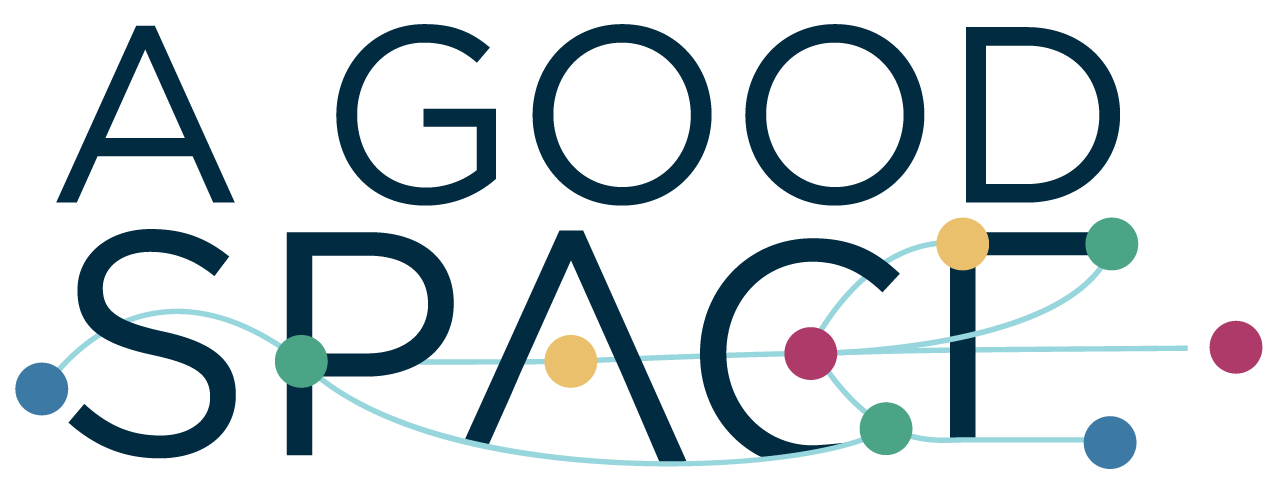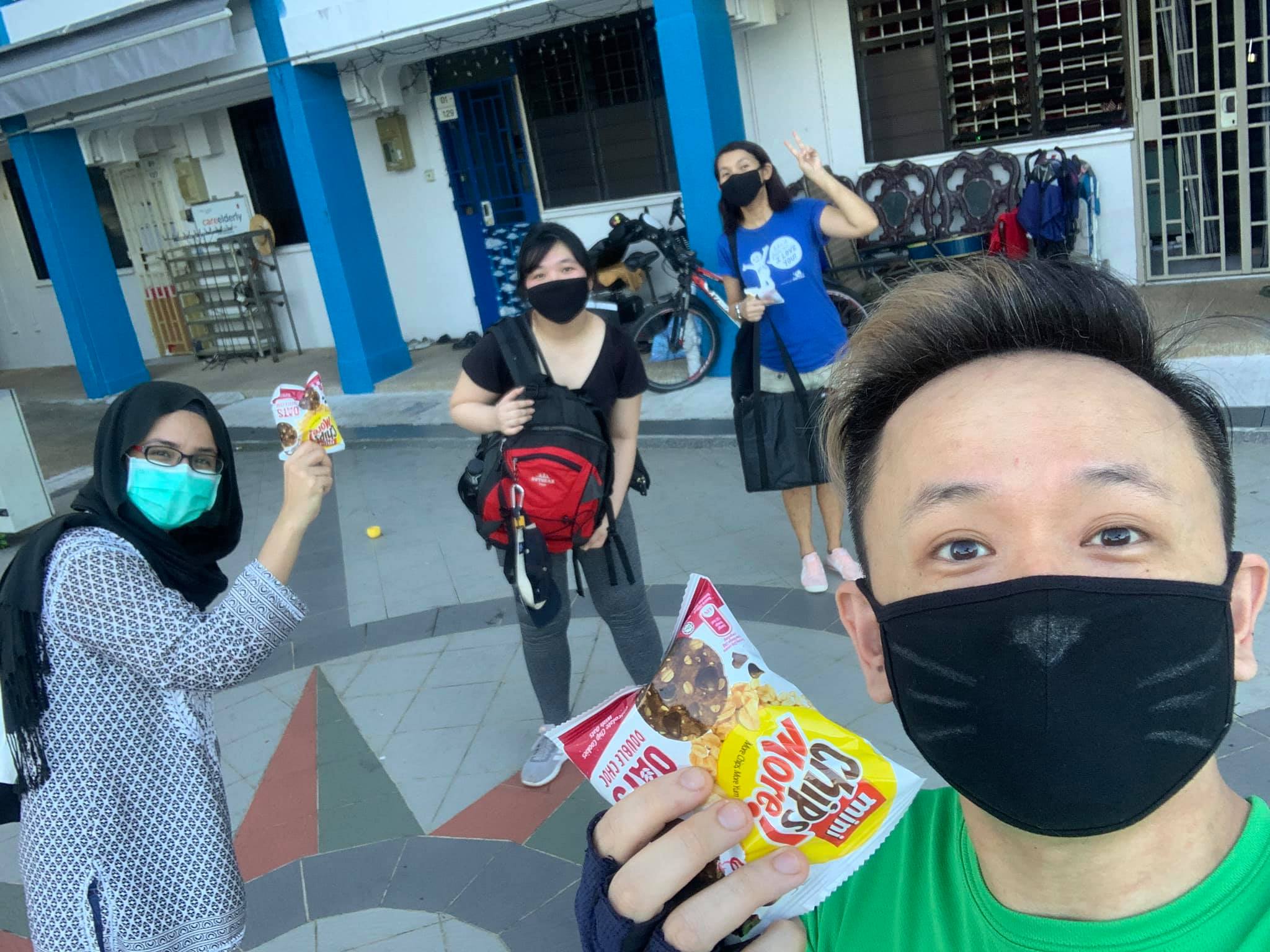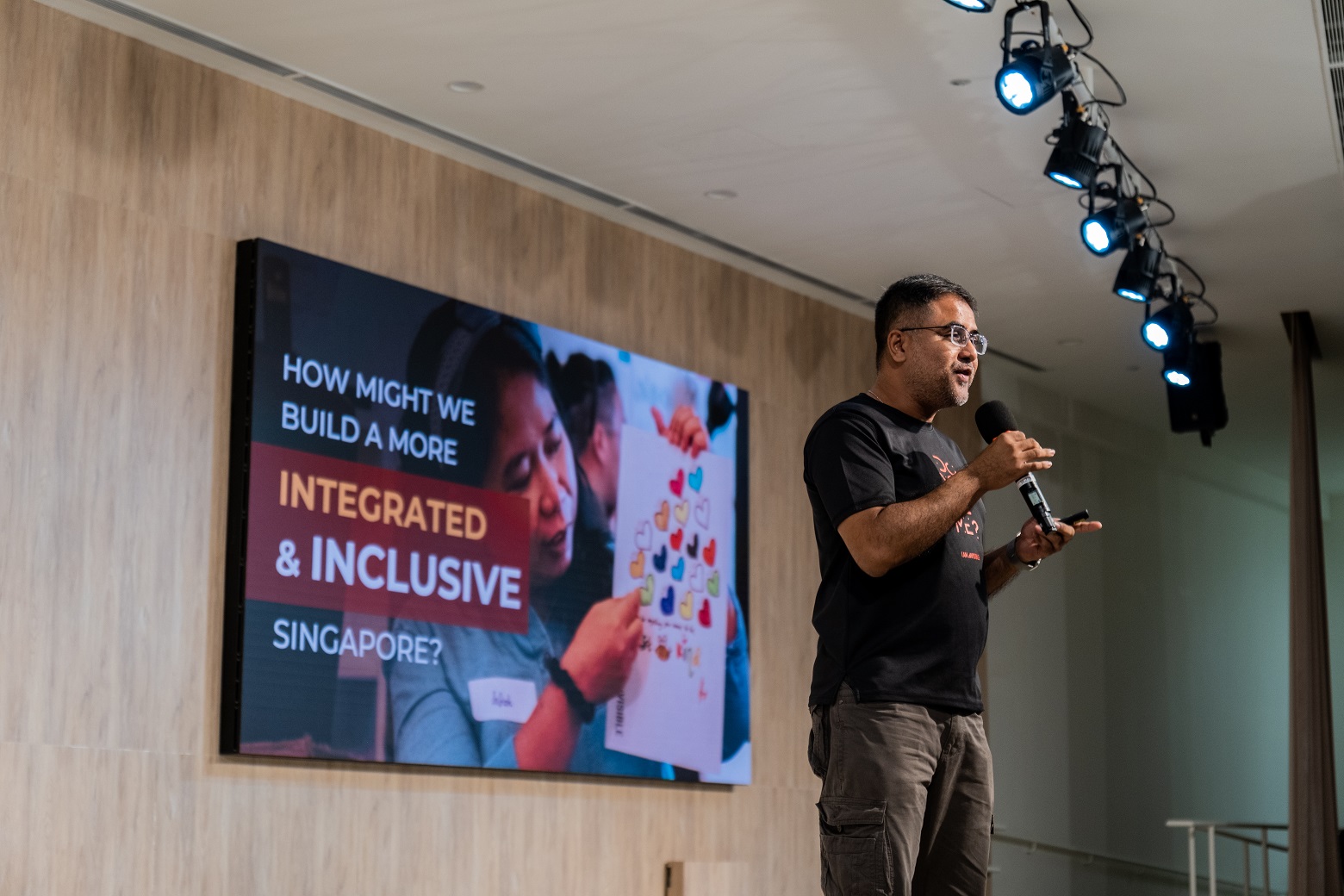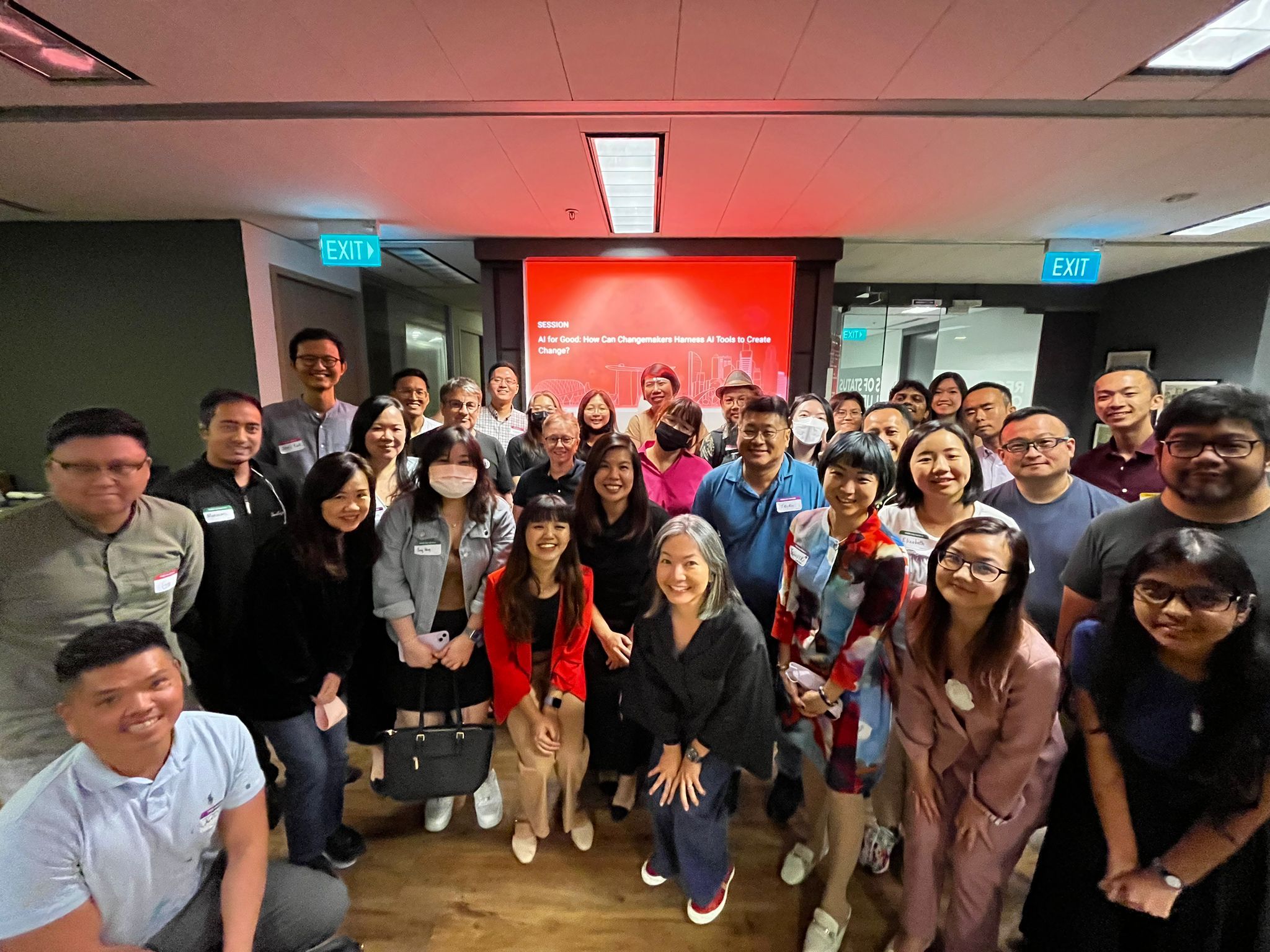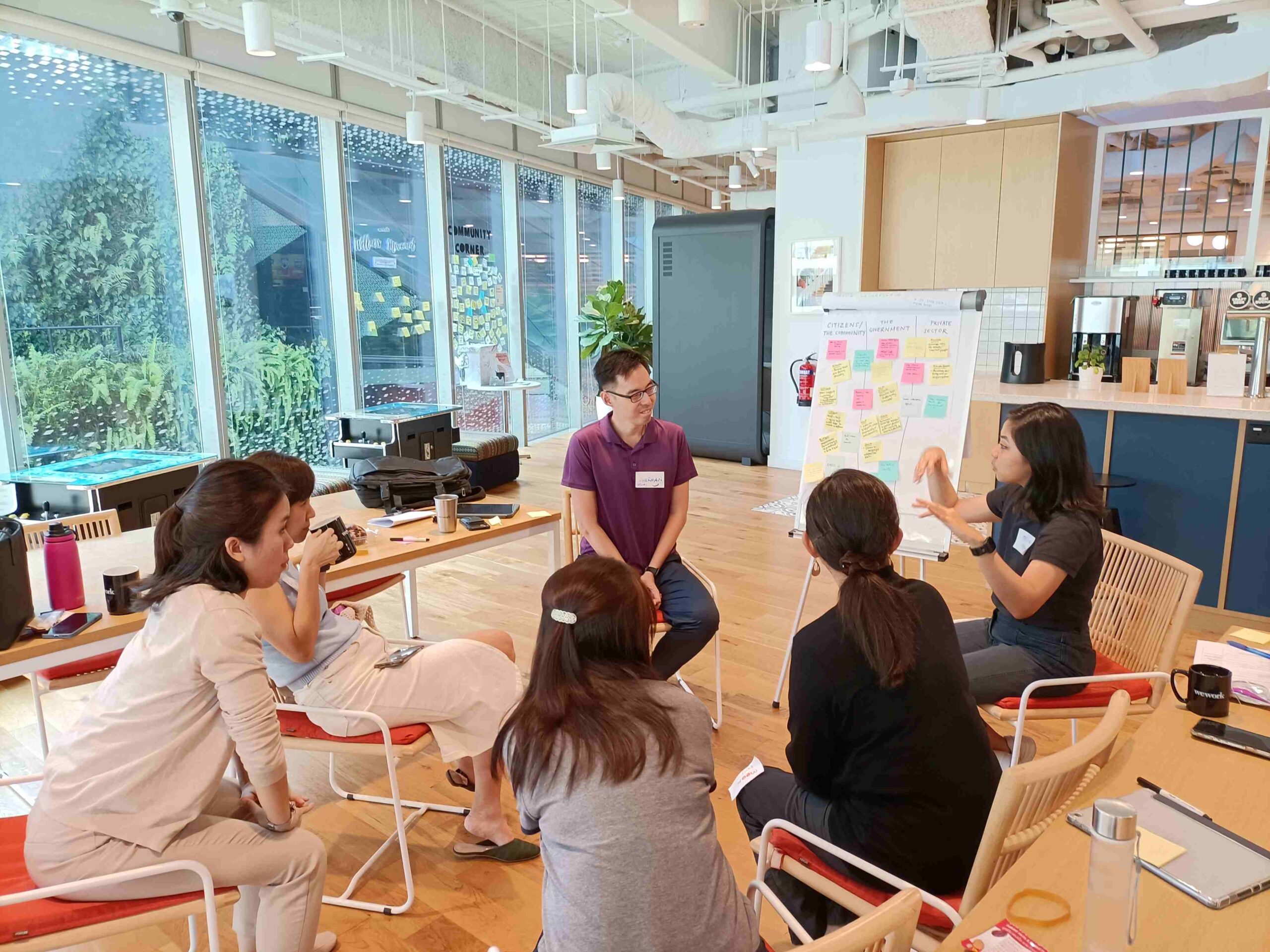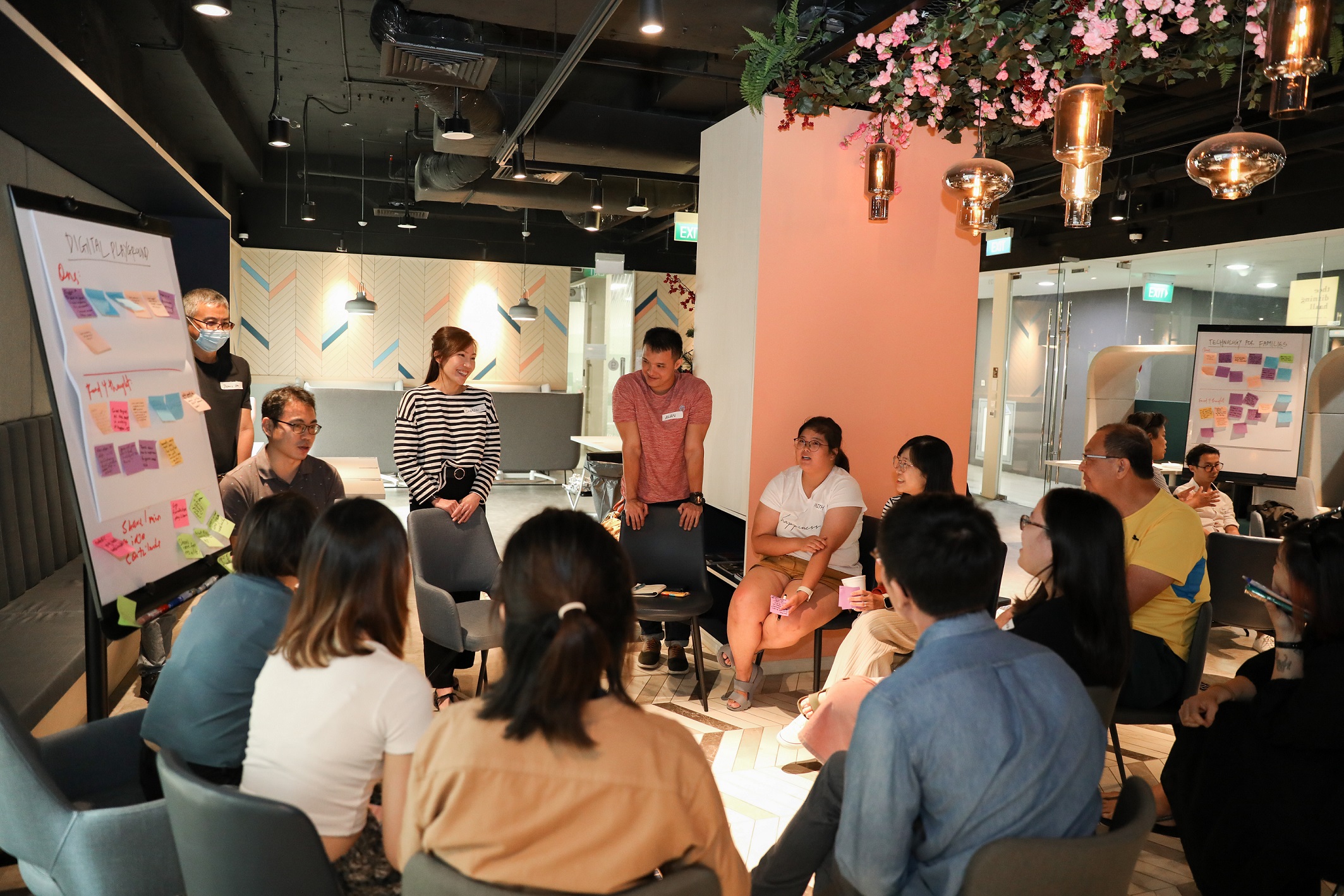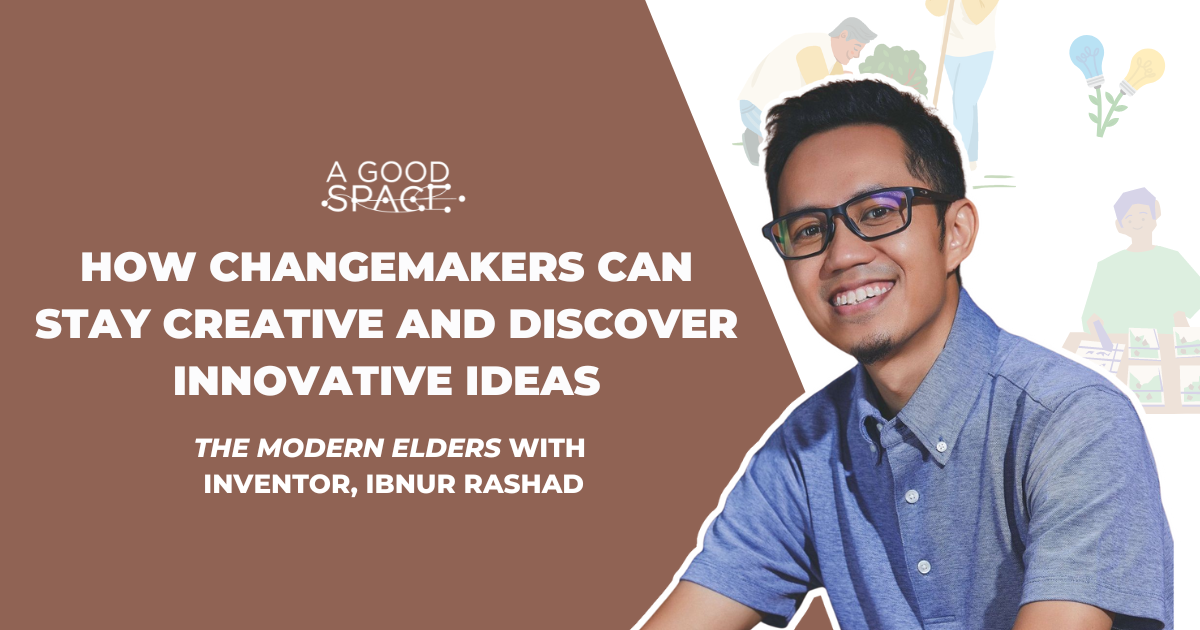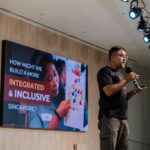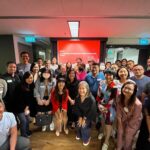Three days ago, our 8-week Circuit Breaker measures came to an end, marking another milestone in a truly eventful last few months for Singaporeans and people around the world alike.
In the early stages of Circuit Breaker, an older friend hosted a Zoom call, where she invited us to ponder over the question: what opportunities can COVID-19 offer us?
And gave a rousing call for us to “never let a good crisis go to waste”, invoking the famous words Winston Churchill said when he was working to form the United Nations after World War 2.
In its disruption, COVID-19 has also presented an opportunity for us to reflect, innovate and adapt. To explore areas of change and imagine new possibilities we can create for ourselves and the communities we care about.
So I reached out to 8 members of the A Good Space community, curious to hear about how their communities have been affected by COVID-19, how they have adapted and new insights that have emerged for them.
I heard heartfelt sharings about the importance of rest, practicing a spirit of abundance and felt so inspired by their creativity in moving their activities online to continue supporting the communities they care about.
Here are some of their reflections.
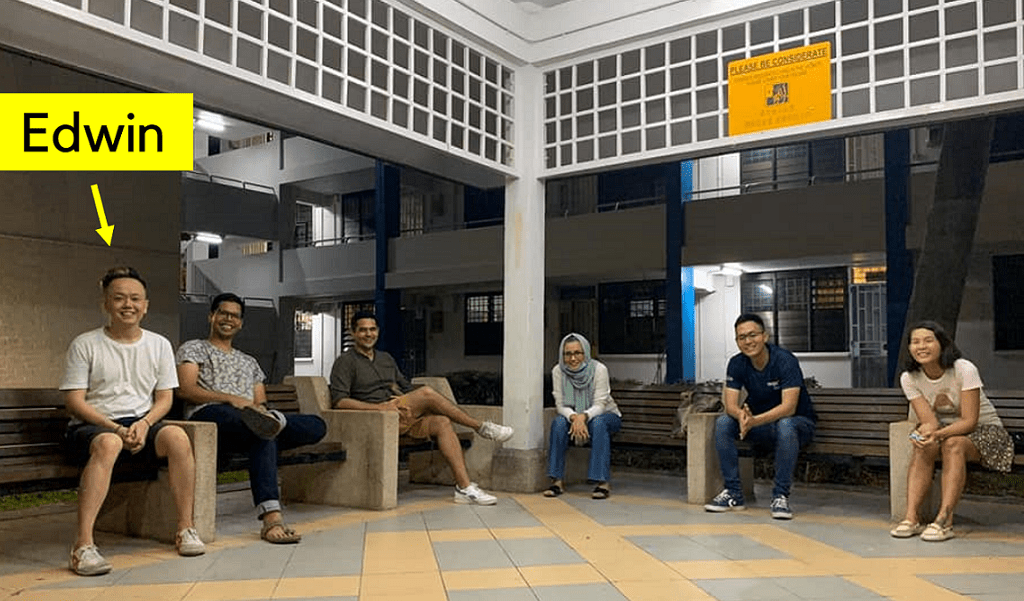
1. Edwin Ng, Merpati Kakis
Tell us more about your community!
The community I engage with is three blocks of rental flats on Merpati Rd. I’ve been visiting the flats the past two years to play with the 20-something cats living there. Before Circuit Breaker, a few of us were curious to develop a Community Care Force. I suggested Merpati as a testing ground.
We spoke to some residents and discovered that many were unaware of the relief funds they could access. This indicated that there may be other unsupported needs in the community.
How did you adapt to the Circuit Breaker measures?
When Circuit Breaker started, we made alternative arrangements. A few residents I know helped to gather contact details of their neighbours. We then partnered with Beyond Social Services to distribute food to them.
Through three rounds of distributions, we have connected with almost 40 households. We now call ourselves Merpati Kaki and are working with Jingzhou and Cassia Resettlement Team, to pursue avenues for the needs identified.
What is one reflection that is coming up for you?
I’ve come to better appreciate emergent strategy, articulated by Adrienne Maree Brown, a Black feminist-activist in the US. Emergent strategy is how we embrace constant flux and uncertainty.
It is learning to intentionally change in ways that grow our capacity to embody the different world we long for. It is learning to appreciate that small-scale acts matter on the big-scale, even if the change cannot be foreseen.
I started to visit Merpati when I was deeply depressed. The cats provided me comfort. In the process, I have befriended residents and cat feeders, even helping to raise cat food for them. One of them connected me to a friend, and through this friend, I learnt about A Good Space.
The seeds for Merpati Kaki took time to sprout. It started with the urgency of caring for myself during a life transition. Now, COVID-19 is taking everyone through a life transition, whether we like it or not.
It is tough. But I feel like my depression of recent years has prepared me to face COVID-19 with acceptance and equanimity.
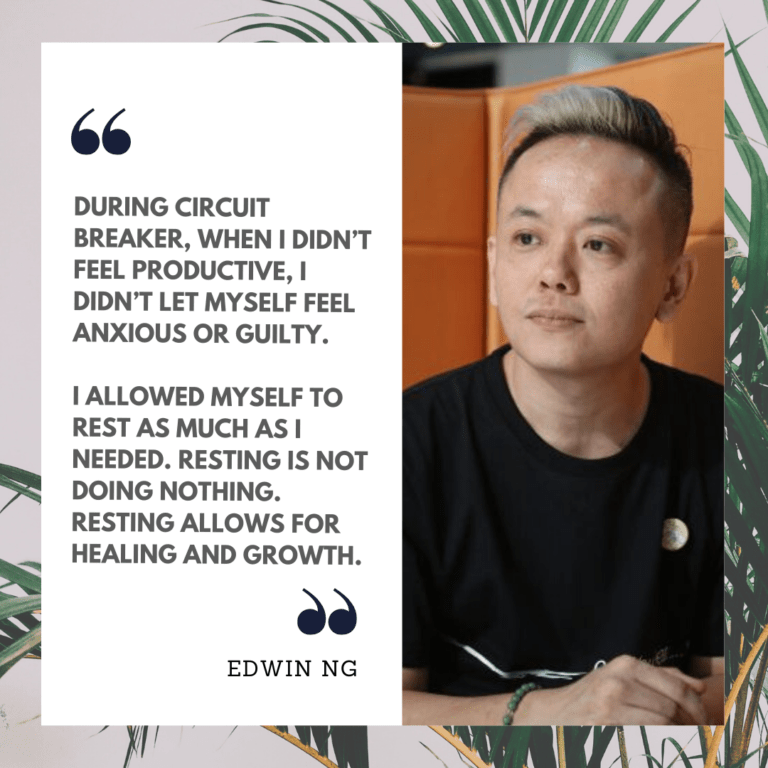
Even with Merpati Kaki, I have consciously drawn boundaries around what I can contribute. Thankfully, teammates with more experience and knowledge, like Khadijah Madihi, Kathy Xu, Abhishek Bajaj, Vincent Ng, and Afzal Hadi have been doing the tedious coordination.
But I show up to provide physical labour. I show up to give emotional support. I don’t feel embarrassed or like I’m contributing less. Because I’ve been part of—I’m changing with—an emergent strategy I did not foresee.
From the cats of Merpati to the humans of Merpati, acts of self-care born of necessity have cascaded onto acts of community care born of voluntarism. Maybe this is the lesson of the coronavirus:
Small-scale things matter on the big-scale.
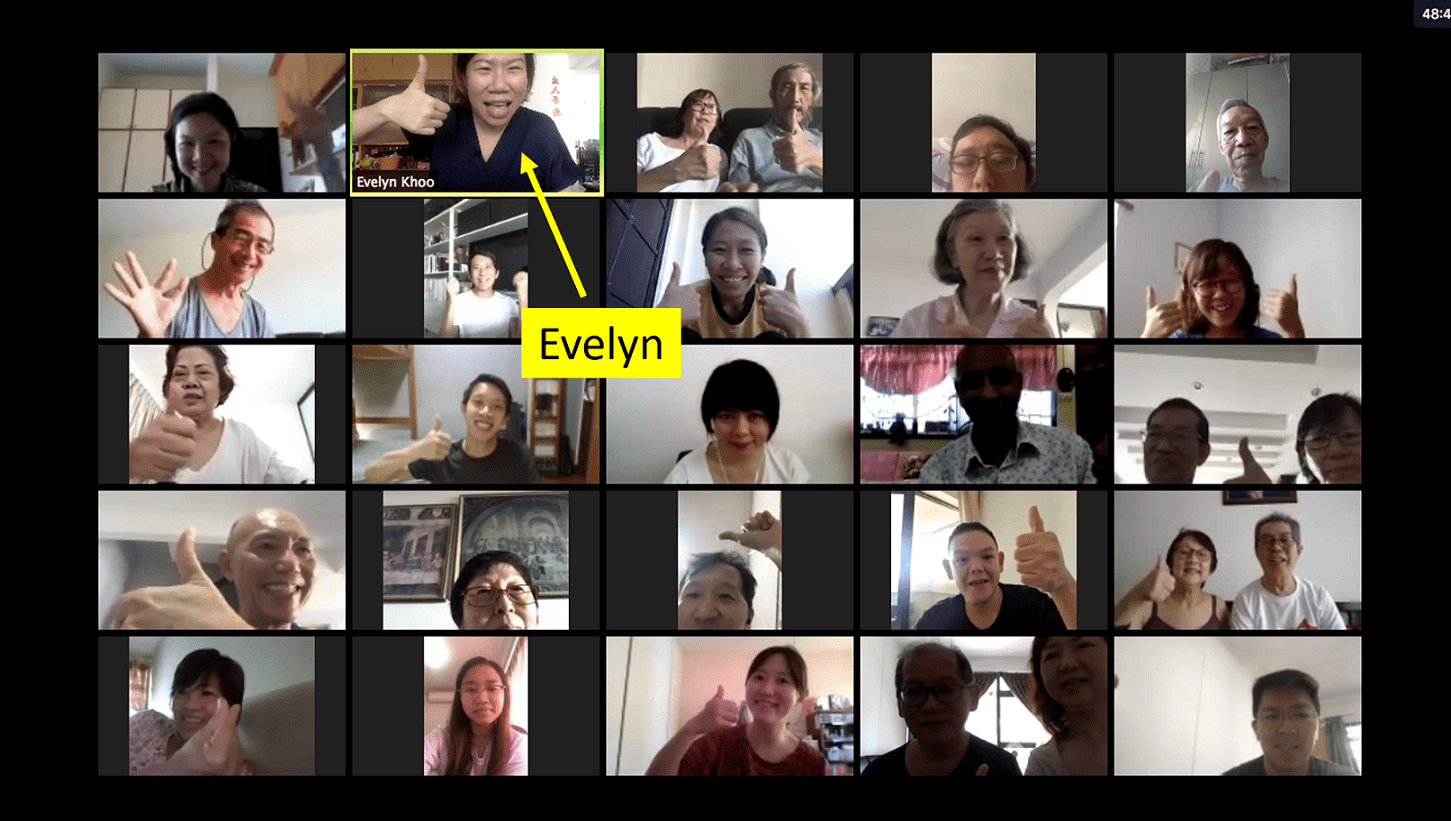
2. Evelyn Khoo, Aphasia SG
Tell us more about your community!
Aphasia SG is a not-for-profit organisation supporting persons with aphasia (PWA) and their caregivers, run by a core team of dedicated speech therapist volunteers.
Aphasia is an acquired communication disorder that occurs after parts of the brain controlling language are damaged (eg after a stroke, head trauma, brain tumour).
It impairs a person’s ability to speak, write and/or understand words.
How did you adapt to the Circuit Breaker measures?
After suspending our community programmes such as Chit Chat Cafe and Aphasia Choir, we decided to introduce online activities to ensure that our community of PWA and caregivers continue to stay connected.
On 29 February, we started shifting our Chit Chat Cafe online to much positive feedback from the participants. We recognised that many PWA and caregivers may not be adept with technology. So in mid-March, we started going to participants’ homes to conduct Zoom tutorials for those who needed the guidance.
Unfortunately, when Circuit Breaker began on 7 April, we had only been able to reach out to a handful of participants. Many of our “regulars” in pre-COVID days simply stopped attending Aphasia SG events once it went online.
We now have a workgroup that is contacting 120 PWA and caregivers in our database to find out their digital needs. With these findings, Aphasia SG will tap on grants to better support our community.
We have since shifted all our programs online, developing new activities as well. Currently, Aphasia SG runs an average of 6-7 free activities a month including Chit Chat Online, Aphasia SG Choir, Games/ Craft Night and training workshops for caregivers.
This month (June) is Aphasia Awareness Month and to continue raising public awareness, we are rolling out a series of virtual events, video campaigns, interactive quiz contests and relying heavily on social media platforms such as FB, IG and LinkedIn to reach out to new audiences.
What is one reflection that is coming up for you?
Persons with aphasia are doubly disadvantaged in these times. Their communication difficulties already pre-dispose them to social isolation; many do not own laptops or smartphones and rely entirely on face-to-face communication.
When MOH initially classified rehab therapy as non-essential services, this had an impact on our ops as many participants rely on their therapists to update them about our programmes. We are still trying our best to reach out to everyone in our aphasia community through phone calls and emails but it is proving to be an uphill task.
As I reflect on the changes that have happened so swiftly in the last 3 months, I am deeply grateful towards all our volunteers who have devoted their time and energy towards the cause.
Despite the disruption to our service delivery model, Aphasia SG has been able to adapt because of the continual support from volunteers, participants and caregivers.
We really value the trust that some participants and caregivers have given us; many had no idea what to expect from digital programmes but went along with it (just because we said so).
Like the saying it takes a village to raise a child, I think it takes a community to support an individual who is differently-abled.
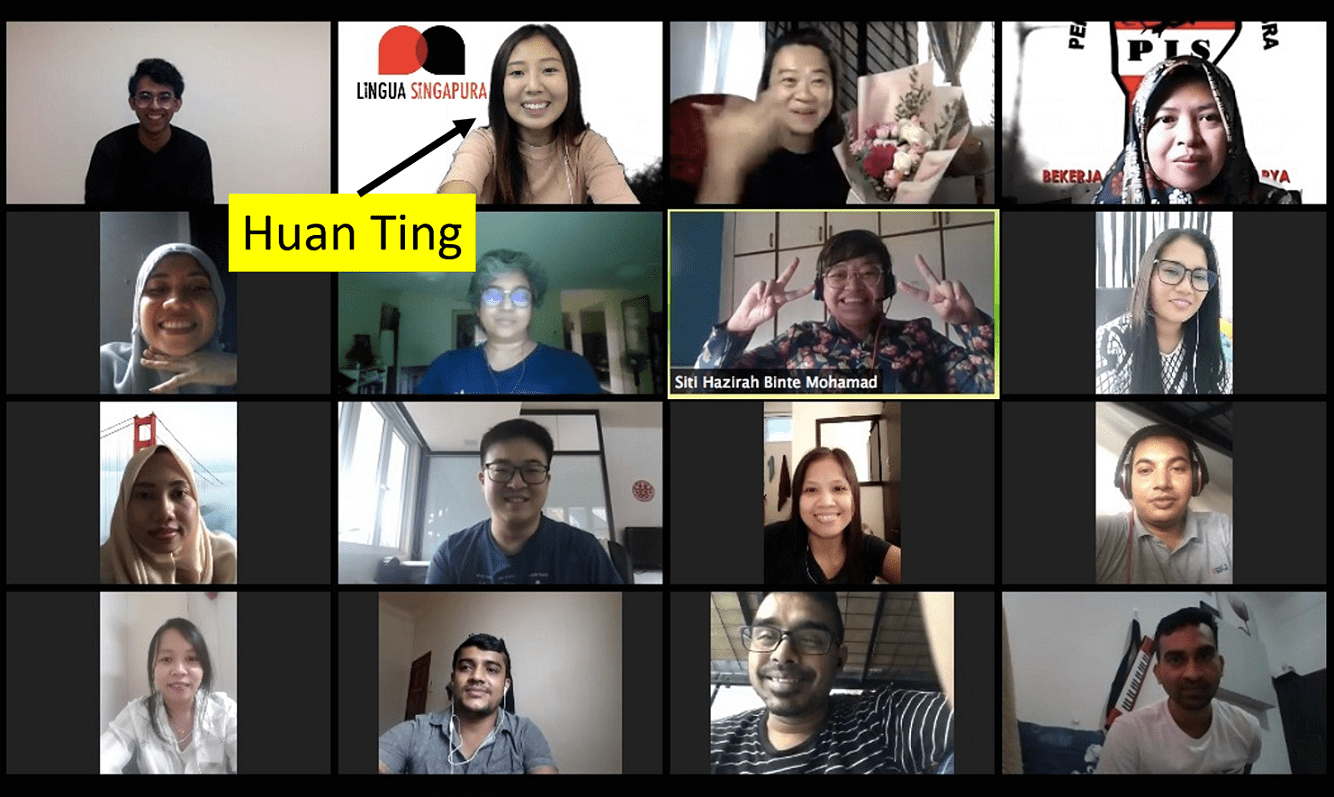
3. Ang Huan Ting, Lingua Singapura
Tell us more about your community!
Lingua Singapura is a community of people who are passionate about sharing their language and culture, whilst learning about other languages and cultures. There is so much diversity in Singapore, but language and cultural barriers impede integration.
We organize pop-up language exchange events at various locations to facilitate sharing in a fun and non-threatening setting.Using games, song and dance to facilitate language learning, we hope to build up a culture of empathy, interest in learning about different people and a more open and vibrant Singapura.
How did you adapt to the Circuit Breaker measures?
31 May was a very special day, as our migrant brothers and sisters came together for a very special Raya/Lebaran/Eid celebration on a virtual platform.
It was a joyful and vibrant event, punctuated with the occasional sadness and also tears when our brothers and sisters recalled fond memories of their home, or the difficulties of being far away from their families during this difficult time.
We also had a fantastic sign language interpreter, Arjun, who provided interpretation throughout the whole event, in more than 4 different languages.
We laughed, we cried and we shared our sentiments for a better tomorrow, in which the pandemic is behind us and we can be reunited with our families and friends once again.
We were also exposed to the diversity of each other’s cultures, and how something that can appear to be so different, is actually the same, and vice versa.
We look forward to another gathering in which we can commemorate Raya/Lebaran/Eid in order to partake in each other’s joy and happiness.
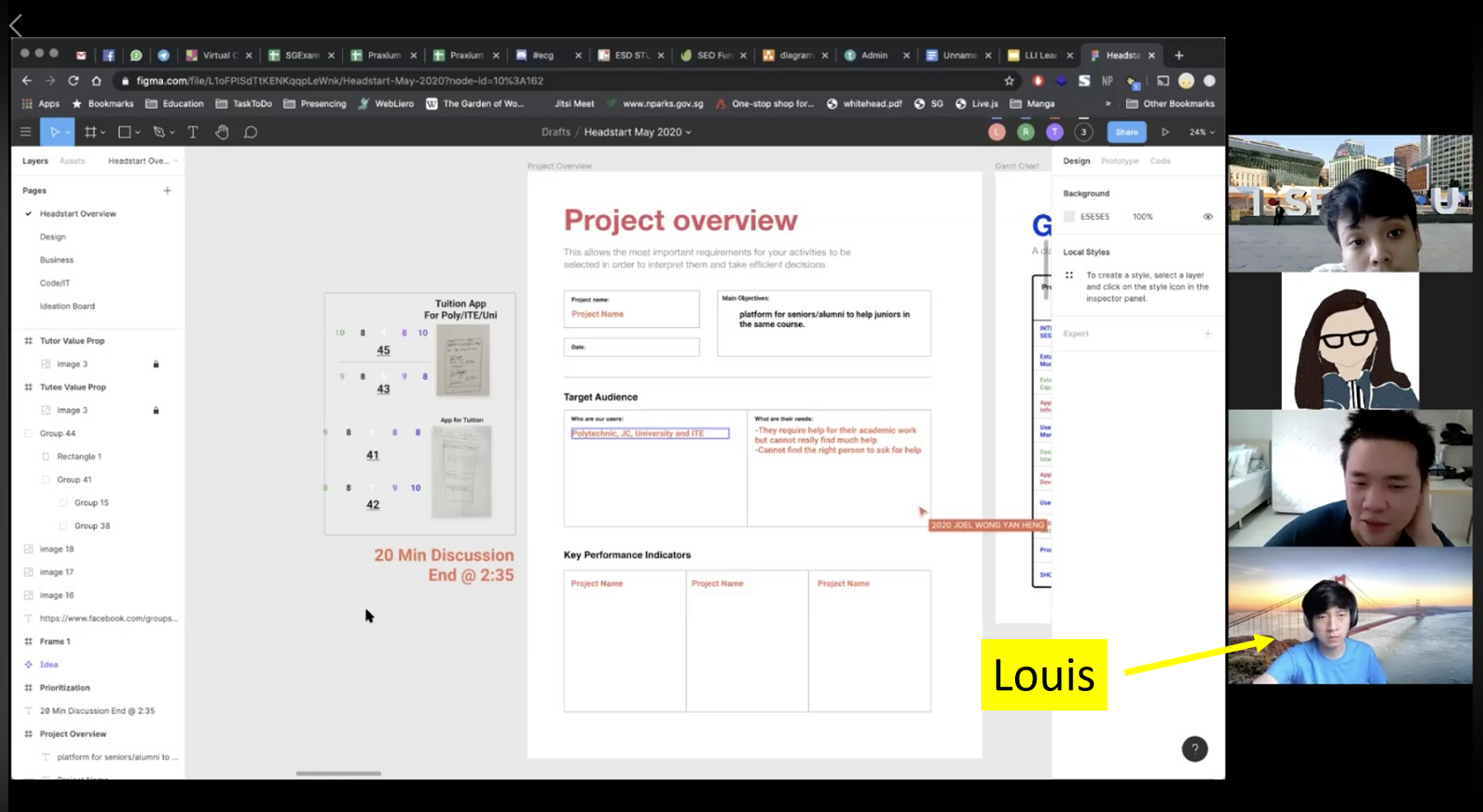
4. Louis Puah, Praxium
Tell us more about your community!
Praxium has always been running offline programmes at schools as a social enterprise to help youth find out their passions and future paths, instead of merely following the whims of society.
How did you adapt to the Circuit Breaker measures?
Circuit Breaker greatly limited our work since we could no longer go to schools. As people grew worried about the quality of Home-Based Learning, we were more worried that the more important learning, around wisdom, and self-awareness were being ignored.
We saw evidence of this as there were growing anxieties over life choices and future paths, in our youth communities.
Circuit Breaker has forced us to innovate and try running online programmes instead. For the month of May, we successfully ran ‘Project Headstart’, designed to help youth validate their interests and strengths through completing a self-initiated, real-world-oriented group project.
It brought together a group of youth from JC, Poly, NS, and Uni. After learning about business models, software development, design, they created a mobile application within the month, without prior experience and showcased their product to a public audience. It was a very valuable experience for everyone involved.
What is one reflection that is coming up for you?
This new direction was only possible because our team came to terms with the fact that we will no longer be seeing “normal life” for some time, and would have to bravely move into uncharted waters.
We tapped on our partners, friends, and communities to find a way forward and I believe this is how we can move forward together as a society.
I’d love for us to be open to changing our routines, connecting with others, perhaps look at some of the initiatives housed under A Good Space, and move forward together.
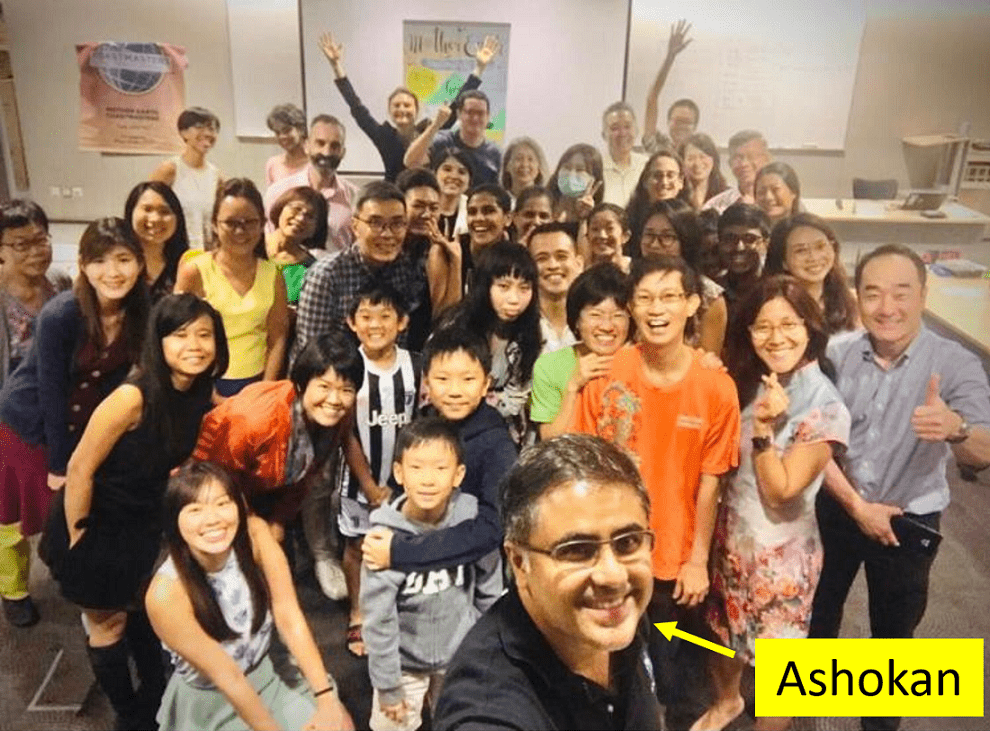
5. Ashokan Ramakrishnan, METC
Tell us more about your community!
Mother Earth Toastmaster’s Club (METC) is a small but growing tribe of eco-ambassadors who meet once a month to hone our communication skills.
We believe that the climate change message is an important one that we all need to lend our voice to.
Our meetings are precious moments where we take a break from the hustle of our individual lives and come together to inspire, support and learn from one another.
How did you adapt to the Circuit Breaker measures?
Like many others, we have shifted our meetings online. But speaking on Zoom is a very different experience, both for the speaker and the audience. Have you tried making eye contact over Zoom?
It can be just as hard on the other side, trying to give the speaker our undivided attention while being distracted by the many things that invariably come up. We all had to adjust our expectations and adapt to this new way of communicating.
It has not been an easy process and the stress has stretched many of us out of our comfort zones. I noticed that different people respond differently when stretched. Some chose to avoid the stress and just skip the meetings, waiting for the time that our physical meetings can resume again.
While others embraced the new reality and reinvented themselves as proficient “zoomers” who could connect with their online audience as well as they would in person. They learnt to speak to the “little camera” rather than the person on the screen.
They learnt to use new tools like online chats and quizzes to interact with their audience. And most importantly, they learnt to channel their authentic “selves” so that the person on the other side gets to not only see and hear them but feel them too.
I was fascinated by this group and soon noticed that they shared several common traits. They all saw the positive within all the negative. For example, in their speeches, they shared how grateful they were to be able to spend more time with their loved ones; and how inspired they were to be able to see bluer skies and greener plains.
While in their actions, they modeled resilience and showed us how in every adversity lies an opportunity to learn and to grow.
What is one reflection that is coming up for you?
COVID-19 has been described as the “Global Crisis of Our Time”. The social and economic impact will take many years to unfold. I do not know how things will turn out but I believe that those who can adapt to the new normal will not only survive but thrive.
This Circuit Breaker period has given us a glimpse of a new way of living in our post-COVID world. It has shown us that we can still experience success, joy and happiness but in a different way; hopefully one that is more sustainable and without the unnecessary excesses.
But we need to embrace the opportunity that is now before us to learn, to grow and to create a new and better way of living; and not revert mindlessly to our old ways and habits.
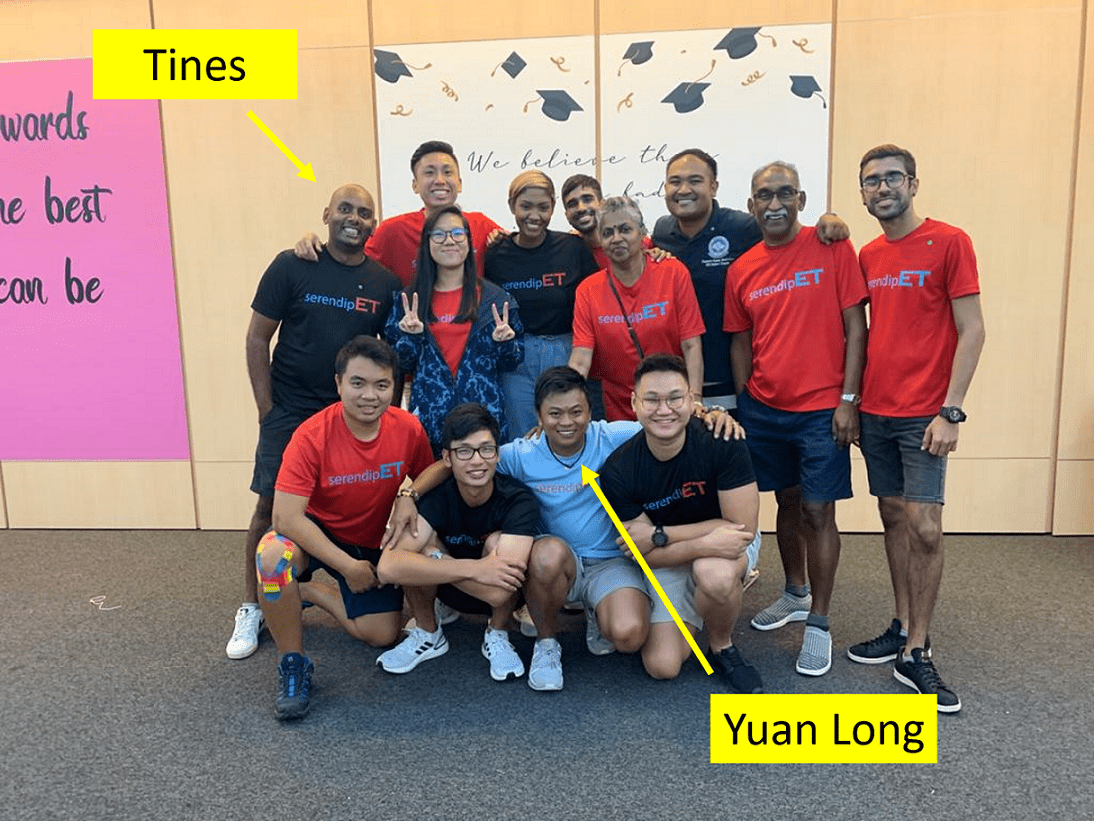
6. Tines Anbarasan, SerendipET
Tell us more about your community!
SerendipET is a social enterprise that provides experiential learning programs for all demographics and psychographics.
We are a group of trainers who run school camps, corporate team building programs and volunteer our event design and management skills to support various non-profit organisations in their activities, including the Singapore Disability Sports Council and A Good Space.
How did you adapt to the Circuit Breaker measures?
In early February, our business came to a standstill because of the government’s guidelines on mass gatherings and being outdoors. Unfortunately that is what our business is about.
Our first step was to increase our public programs but to do it with less than 10 people but shortly after we designed our first public kayaking program, we received the news that no gatherings were allowed even if it is less than 10 people.
A decision was made to not lay off or put the staff on unpaid leave until they had secured some employment elsewhere.
It started to become evident that many communities and initiatives were going to be affected. We started brainstorming on what we can start to aid people who might be affected but not able to support themselves out of this crisis.
It then dawned to us that instead of starting something new, why don’t we offer what we have to the people who are already doing something. So we put out a broadcast to various groups that we had 2 vans that can be utilized for deliveries and also manpower to assist in anything.
What is one reflection that is coming up for you?
One of the greatest things that we take away is the power and resilience of the human spirit. There were many events that demoralised us but drove us to do more.
People treating frontline workers badly, the living conditions of migrant workers, xenophobia, racism and the power of fear were some of the things that can cause a person to lose hope.
But we also encountered people who were willing to do anything to aid in these times. We encountered people who would stop and help instead of turning a blind eye. We encountered family and friends who stuck to the rules of Circuit Breaker because they could see it was for the greater good.
We encountered people with different lifestyles, jobs, interests, races, language, religion, beliefs and even hopes all coming together to help. And this has given us the strength to not give up and keep fighting.
7. Carol Loi, SGFamilies
Tell us more about your community!
SGFamilies is a ground-up movement for parents by parents, to equip and support families with different resources and expertise, to raise a generation of wholesome children and youth who will shape the future of our nation.
We are glad to be virtually inducted into Singapore Kindness Movement’s Kindred Spirit Circle towards the end of the Circuit Breaker, joining a community of ground-up movements to build a nation of kindness.
How did you adapt to the Circuit Breaker measures?
During the Circuit Breaker period, families have been under stress due to the many changes that they need to adapt to, from working at home to home-based learning, to spending the school holidays at home.
We stepped up our efforts to support fellow families by organising daily Zoom calls (except Wednesdays and Sundays) to connect with parents and youth on a variety of topics, ranging from mental health of children & parents, to digital parenting, to inter-generational conversations – youth and their parents joining in the conversations – with professionals of various sectors to explore possible careers, to family art and craft sessions during the stay home school holidays.
Throughout our two months of support to families, we found that we were filling a gap in the family education space during a time when families need additional support; while there were many online resources for families, there were very few opportunities for online face-to-face connections that parents appreciate.
What is one reflection that is coming up for you?
We discovered that through an online medium, we were able to reach parents who were previously unable to attend physical sessions in their children’s schools. Providing a safe space for them to voice their concerns and anxieties helped to alleviate parents’ stress.
We also learnt that it is easier to facilitate inter-generational conversations online compared to physical sessions; youths seem to be open to be with parents on a zoom call. We had many interesting conversations on common topics of interest such as gaming and esports.
Most importantly, we learnt that there is much more to be done as a society to strengthen families together, especially during this exceptional season. Join in the effort of SGFamilies to raise wholesome generations together!
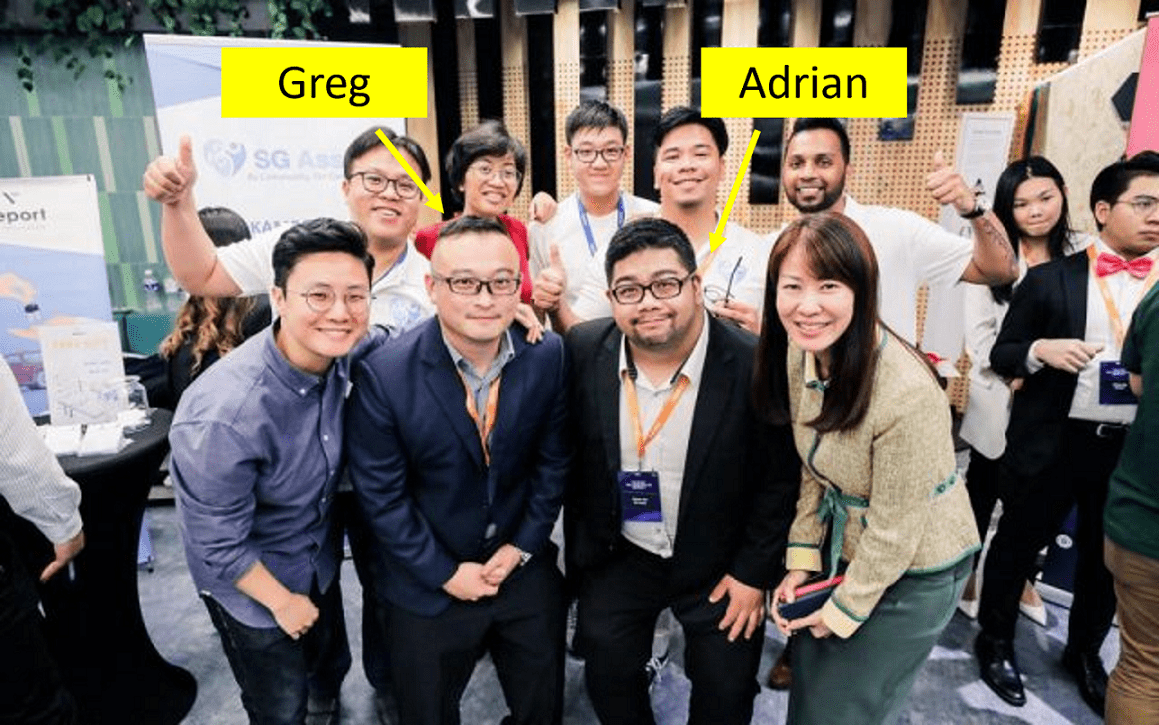
8. Adrian Tan, SG Assist
Tell us more about your initiative!
SG Assist is a digital platform that connects volunteers and people who are finding help in real time using artificial intelligence technology, to bring back the Kampung Spirit!
How did you adapt to the Circuit Breaker measures?
Seniors are most vulnreable to COVID-19 and have been advised to stay at home to reduce the risk of them getting infected. They are strongly encouraged not to take their morning walks, go to the wet market and family gatherings have all stopped.
Many seniors even broke down into tears as they feel restless and miss their usual social interactions with friends and loved ones. The same goes for differently-abled persons, persons suffering from chronic diseases or those with special needs, where a lot of their support comes from their friends and family.
During this COVID period, we have assisted many seniors, differently-abled persons and social service agencies to be matched with the volunteers on our platform. Volunteers have helped with getting groceries, meals, centre operations and even accompanying beneficiaries to medical appointments.
We also recently launched our helpline (81261570) so that seniors and vulnerable communities with no smart devices can now contact our administrator to help them put up requests and find a volunteer for them.
SG Assist today is more relevant than ever. In just 2 months, we have recruited more than 2000 volunteers island-wide. The acts of kindness by Singaporeans show that compassion can spread faster than any virus.
What is one reflection that is coming up for you?
Community is a group of people that care about each other and feel they belong together. We are talking about real humans with real lives, real stories, real hopes, real dreams. The individuals in a group are not just random strangers. They have relationships with each other.
They care more about the people in this group than about the average person they meet on the street. This is where the magic of a community happens. When people care about each other, they develop trust. And trust unlocks collaboration, sharing, support, hope, safety and much more.
This is what SG Assist wants to do, to connect people together, to care for each other, and together build a community that trust and grow collectively as one – a safer place for our aged and the vulnerable.
What was your experience of the 8-week Circuit Breaker?
What new reflections emerged for you?
Share them with me in the comments below, I’d love to hear about your experience!
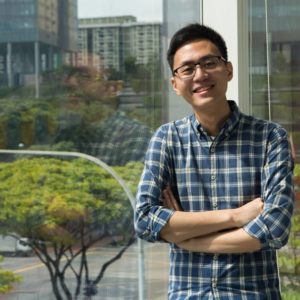
Vincent Ng
Vincent cares deeply about the issue of youth mental health and has cultivated a passion for education and contributing to positive social change.
